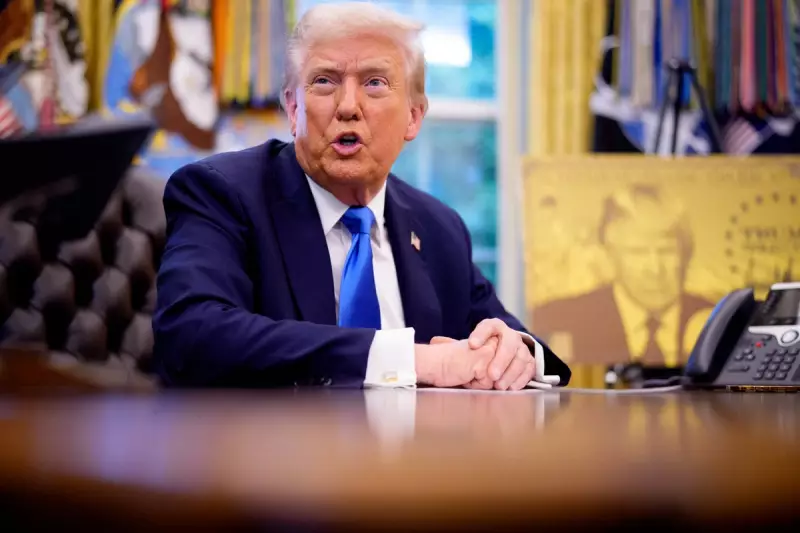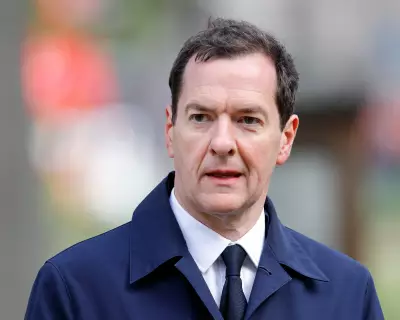
In a move that has sent shockwaves through the media landscape, former US President Donald Trump has openly suggested a radical approach to dealing with networks he deems purveyors of 'Fake News'. His proposed weapon? The regulatory power of the Federal Communications Commission (FCC).
A Direct Threat to Broadcasters
Trump's statements indicate a willingness to challenge the very licenses that allow major networks to operate over public airwaves. This isn't a new sentiment; it echoes threats made during his presidency against outlets like NBC. The core of his argument rests on a contentious interpretation of the FCC's mandate, suggesting that broadcasting 'fake news' could be grounds for license revocation.
The FCC's Historic Role and Independence
The FCC is an independent regulatory body, traditionally insulated from direct political pressure. Its mandate is to regulate interstate communications by radio, television, wire, satellite, and cable, guided by principles of serving the public interest, convenience, and necessity
. Historically, license revocation is an extreme measure, typically reserved for severe violations like technical malfeasance or fraud, not editorial content.
Legal and Constitutional Firestorm
Legal experts are quick to point out the monumental hurdles and constitutional crises such an action would provoke.
- First Amendment Protections: Any attempt to revoke a license based on content would face immediate and fierce legal challenges under the First Amendment, which fiercely protects freedom of the press.
- Due Process: The FCC operates under strict administrative procedures. Arbitrary revocation without due process would be unlawful.
- Chilling Effect: Even the suggestion of such action creates a chilling effect, potentially pressuring networks to soften critical coverage of political figures.
Implications for a Potential Second Term
This rhetoric is being closely analysed as a potential preview of Trump's approach to media relations should he win the 2024 presidential election. It signals a potential shift from criticising the media to actively leveraging federal regulatory power against it, a scenario that deeply alarms free speech advocates.
The debate underscores a fragile moment for press freedom, where the line between political criticism and the potential weaponisation of government agencies appears increasingly blurred.





